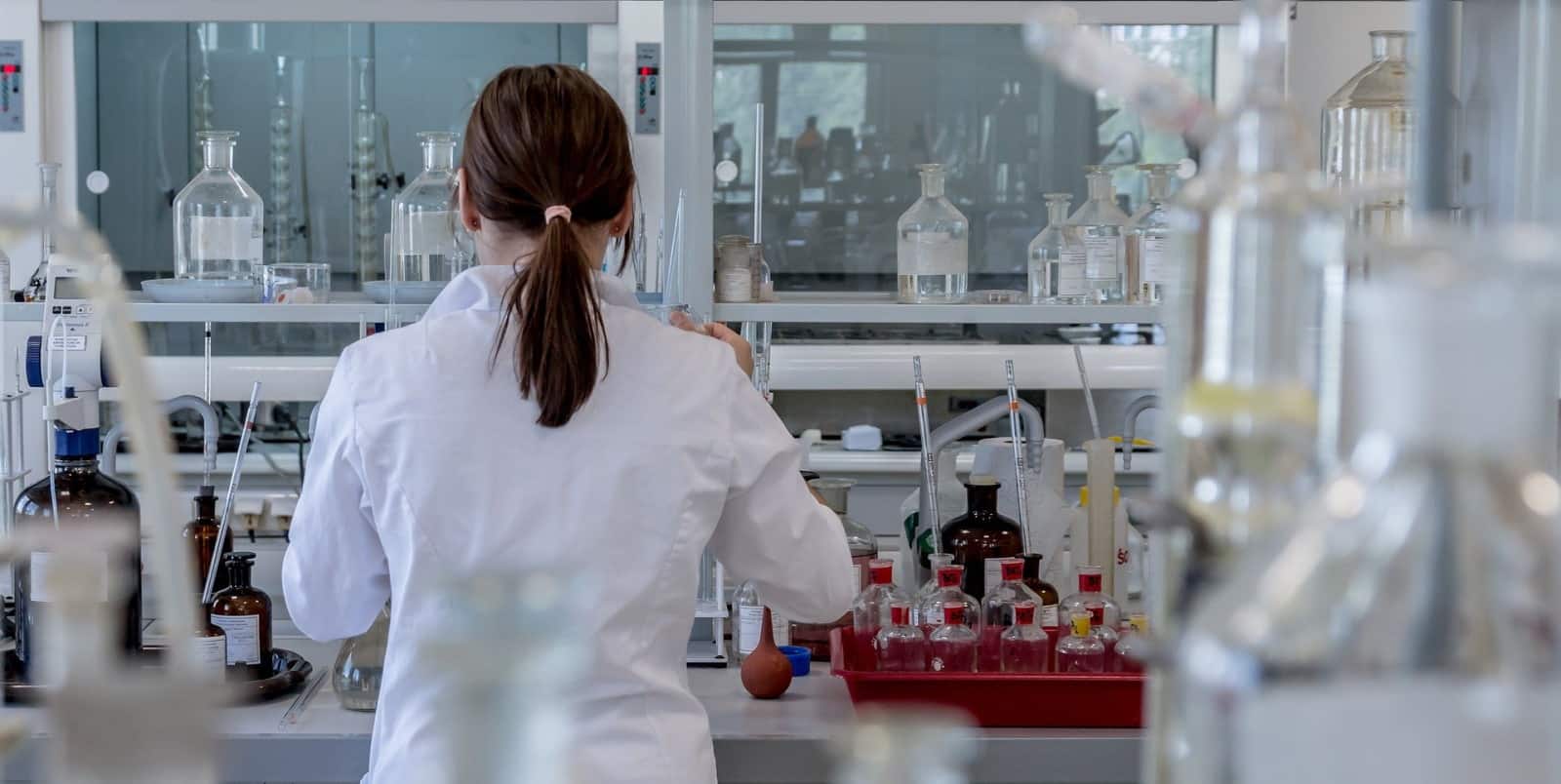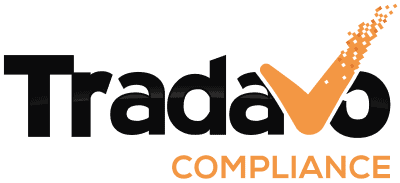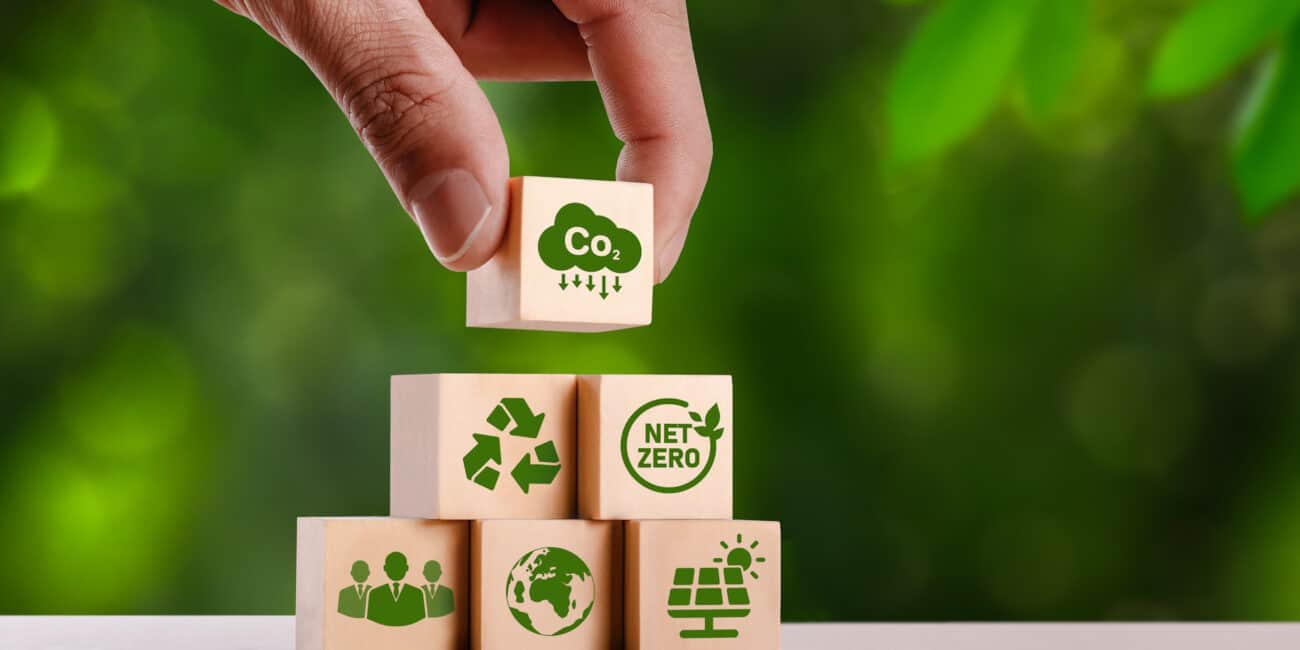Prohibition of PFAS in the EU
PFAS (“per- and polyfluoroalkyl substances”) are a large group of chemicals that are used in many everyday products because they are water-, oil- and stain-resistant. They are extremely persistent, accumulate in the environment and in the human body, and are suspected to adversely affect human health. The European Union is therefore planning to prohibit these substances entirely – which will have significant consequences for e-commerce sellers.
This blog post tells you what the PFAS prohibition is about, which products are affected, which obligations you will have, and how to ensure that you are on the safe side legally.
Why is this issue important now?
The planned amendments of the law governing PFAS not only affect large corporations, but many small and medium-sized sellers as well. They can expect more inspections by authorities and marketplaces, checking whether their products contain PFAS and whether they comply with the statutory provisions. If you keep yourself up to speed and prepared early on, you can avoid risks such as sales bans, recalls or damage to your reputation – all while presenting yourself as a responsible provider.
Current regulation
In February 2023, several EU countries submitted a proposal for a comprehensive prohibition of PFAS to the European Chemicals Agency (ECHA). The prohibition could be effective as of 2026 and covers almost all PFAS. For some applications, transitional periods of up to twelve years are provided for.
Some countries are already moving forward:
- France: Prohibition of PFAS in cosmetics, textiles, shoes and impregnating agents effective as of 2026, and in all kinds of textiles (except protective equipment) as of 2030.
- Denmark: Nation-wide prohibition for clothing, shoes and impregnating agents effective as of July 2025, and for other consumer products as of 2027.
Schedule, transitional periods and exceptions
The PFAS prohibition will be implemented gradually, providing for several deadlines and exceptions for various product groups, depending on the availability of alternatives. This is the current schedule:
- The final restriction within the EU is planned to be enacted in 2025.
- For most consumer products, the prohibition comes into effect 18 months after said enactment (in 2026/2027 at the earliest).
- For products with an alternative still under development, a transitional period of 5 years applies.
- For essential products without any alternative, the transitional period is up to 12 years.
- Exceptions are provided for applications without any alternative that are systemically relevant (e.g., certain medical equipment, high-tech applications).
Typical product groups and examples
PFAS are present in many products that may be included in your listing:
- Outerwear & work clothes: raincoats, functional jackets, outdoor pants, shoes, soft shell jackets
- Cookware & packaging: non-stick pans, backing pans, lunch boxes, pizza boxes, parchment paper
- Cosmetics & toiletries: waterproof mascara, make-up, sunscreen, lipsticks, foundation
- Electronics & household appliances: smartphones, laptops, cables, kitchen appliances with non-stick surfaces, coffee machines
- Impregnating & cleaning agents: impregnation sprays for shoes/textiles/furniture, stain repellents, carpet cleaners
- Sports & leisure articles: tents, backpacks, yoga mats, camping gear, sleeping bags

Even products that appear inconspicuous at first glance may be affected. Therefore, you should check your entire range of products, in particular if you are offering them on marketplaces such as Amazon, eBay, or Otto.
PFAS-free alternatives
There are several alternatives that do not contain PFAS but have similar properties – for example, for non-stick coatings, textiles or engineering plastics. Depending on the product, different alternatives may be used. Keep up to date about new developments and innovative materials.
How to convince your manufacturers to switch
- Point out the regulatory pressure: Notify your suppliers of the imminent prohibition of PFAS in the EU. Importing or selling products containing PFAS will soon be prohibited.
- Request certificates: Ask for lab reports and certificates to prove that the products are free of PFAS.
- Suggest alternatives: Suggest specific PFAS-free materials, and show that there are alternatives.
- Point out the market development: The demand for sustainable, PFAS-free products is growing. Switching now gives you a competitive edge.
- Contractual provisions: Include a no-PFAS clause in your procurement agreements (e.g., purchase order – PO), and provide for consequences in the case of a violation.
- Offer a long-term partnership: Assist your suppliers with the transition, and propose a long-term cooperation.
Tip: Many manufacturers won’t react until they see that their customers insist on compliance with the regulations, and that they will monitor it and announce corresponding audits. You should therefore be insistent and demand proof and/or commission your own laboratory tests.
Lab tests and detection of PFAS
PFAS are regulated both in the REACH Regulation and in the POP Regulation. Both regulations include restrictions and prohibitions of various PFAS; PFOS and PFOA, for example, are strictly regulated by the POP Regulation, and other PFAS are already or will be restricted in the future under the REACH Regulation.
Specialized laboratories offer specific PFAS analyses. They can detect even very low concentrations of PFAS.

Please note: “Standard lab tests” do not automatically cover all relevant PFAS. You should therefore specifically ask for a PFAS analysis that meets the requirements of both the REACH and the POP Regulation, or find an expert who can assist you with the execution of the respective lab tests and the selection of appropriate test parameters for your specific product and the materials it contains.
You can find more information about REACH and certification obligations in our blog posts:
Opportunities for e-commerce sellers
Switching to PFAS-free products is advantageous in several ways:
- Competitive edge: Consumers are increasingly looking for environmentally friendly and safe products.
- Positive reputation: Clear communication regarding PFAS-free products strengthens your customers’ trust in you.
Your next steps & conclusion
The prohibition of PFAS in the EU will permanently change the product range. To ensure that you are well prepared and on the safe side legally, you should take action now:
- Check your products and supply chains for materials that may contain PFAS.
- Request certificates from your suppliers or commission your own lab tests.
- Learn about alternatives and test them early on.
- Keep all test certificates and proof of certification.
- Openly communicate the transition, whether it is planned or already done, to your customers.
Start preparing as soon as possible, adjust your processes, and use this opportunity to present yourself as a responsible supplier.
We at Tradavo can help you
The requirements in regard to the prohibition of PFAS and the REACH and POP Regulation are highly complex and changing all the time. We at Tradavo can help you to stay on top of it all and comply with the legal provisions. Do you want to check your products and supply chains for PFAS, arrange lab analyses or find alternatives for PFAS? We can assist you with every step.
You need assistance?
Who wrote this article?
As managing director of Tradavo, Daniel is responsible for creating product requirement profiles as well as for all organizational tasks and the back office. He keeps track of numbers and accounting so the team doesn't lose its focus.




